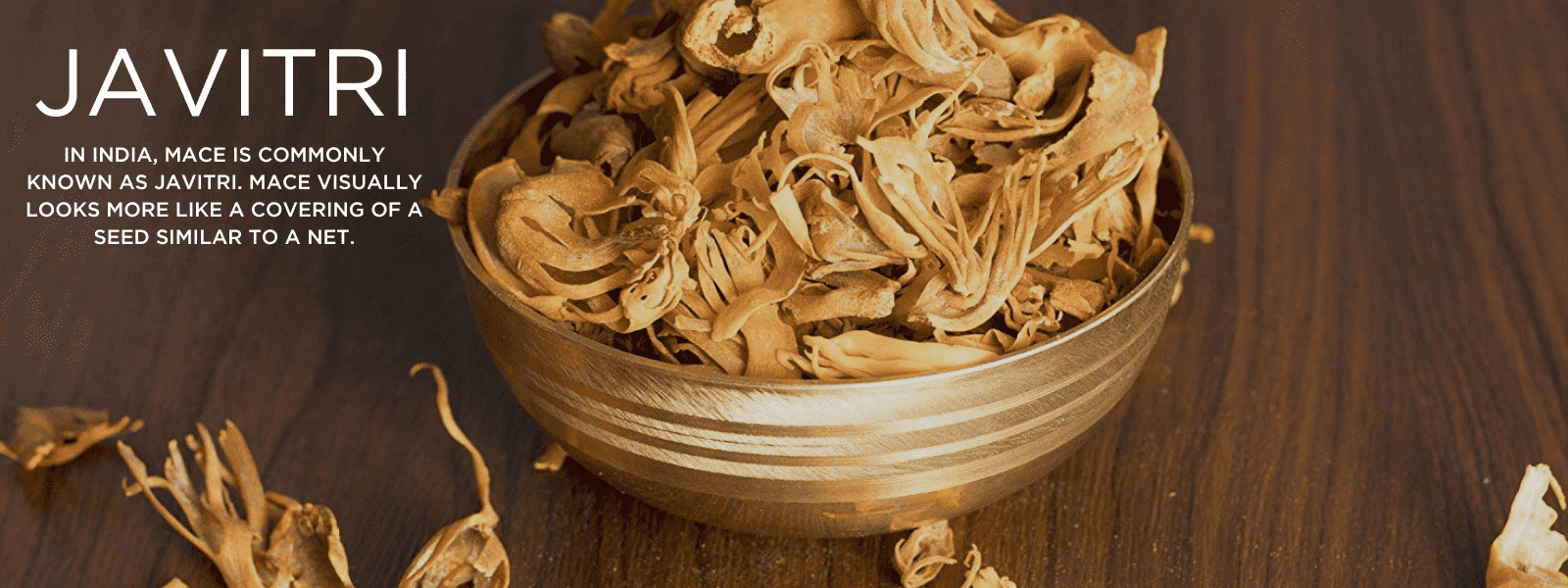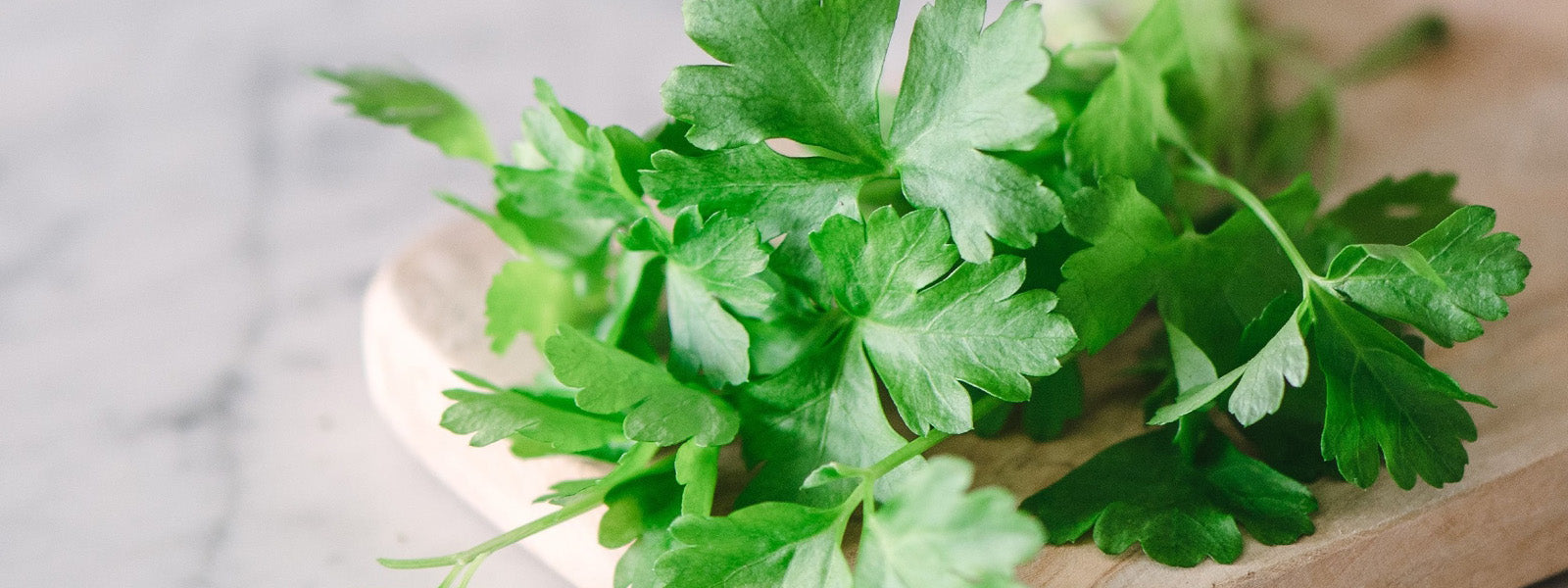Numerous cultures around the world season both savoury and sweet foods with cinnamon. Cinnamon comes in a variety of forms.
The most popular cinnamons are those from Ceylon, sometimes referred to as cinnamon zeylanicum and cinnamon cassia.
More people consume cinnamon cassia. You could already have it in your spice rack. However, Ceylon cinnamon is distinct from other types. Its shape is unusual, its colour is lighter, and its flavour is delicate. Additionally, it possesses qualities that support numerous health advantages.
Table of Contents
What is cinnamon?
The cinnamonomum tree's inner bark is used to make the spice cinnamon.
The inner bark is dried, and the strips are rolled up into cinnamon sticks or quills. Then, these can be turned into an extract or powder.
The essential oils and other components in this spice, mainly cinnamaldehyde, are what give it its special qualities.
It is also the substance that gives cinnamon its smell and scent as well as many of its health advantages.
What is Ceylon cinnamon?
Ceylon, sometimes known as "genuine cinnamon," is indigenous to southern India and Sri Lanka. It is created from the Cinnamomum verum tree's inner bark.
Ceylon is tan-brown in colour and has a lot of dense, soft-layered sticks. These characteristics offer a particularly appealing quality and feel.
Less prevalent and long valued as a spice for cooking is ceylon cinnamon. When compared to the more widely available cassia variety, it is relatively pricey.
It is said to have a delicate, moderately sweet flavour that is appropriate for sweets.
Cinnamaldehyde makes up about 50–63% of its essential oil, which is quite less when compared to cassia. This explains why it has a softer scent and flavour.
Health benefits of ceylon cinnamon:
Ceylon cinnamon contains more than 80 different chemical elements, such as cinnamaldehyde, cinnamic acid, and cinnamate. Ceylon cinnamon provides a lot of health benefits in addition to being a tasty ingredient because it lowers the risk of contracting several illnesses, including cancer.
- Lowers the risk of cancer
The polyphenols in ceylon cinnamon, which are abundant in anti-inflammatory and antioxidant properties, work as a potent activator of the body's detoxification enzymes, eradicating any cancer cells that are already present and protect against the development of new cancer cells.
- Reduces the chance of heart disease
Cinnamon's numerous benefits, such as its ability to fight inflammation, lower harmful levels of cholesterol and triglycerides, and decrease blood pressure, all contribute to its ability to lower the risk of heart disease.
- Lowers blood glucose levels
Through a variety of mechanisms, cinnamon improves the body's ability to utilise insulin and improves insulin sensitivity, which reduces blood sugar levels.
Ceylon cinnamon contains a substance called hydroxychalcone, which works similarly to insulin to enhance the absorption of glucose from body cells.
- Helps with weight loss
Cinnamaldehyde, a compound found in cinnamon, increases thermogenesis, a process through which the body produces heat and causes calorie burning. Cinnamon is a fantastic supporting supplement for a weight reduction strategy because the chemical improves insulin sensitivity while lowering blood sugar, which also helps with weight loss.
- Improves skin
In addition to its many health advantages, cinnamon helps maintain radiant, healthy skin via;
- Lowers acne
Cinnamon supports the skin's blood flow, which reduces acne. Acne and other skin imperfections can be lessened thanks to this substance's antifungal, antibacterial, and antioxidant characteristics. In order to treat acne and replenish the moisture in the skin, cinnamon and honey can be used externally.
- Decreases eczema
When taken with food or used topically, cinnamon's anti-inflammatory qualities aid to lessen the severity of acute eczema problems.
- Benefits of ceylon cinnamon for mental health
Ceylon cinnamon has mental health advantages since it promotes healthy brain function.
Ceylon cinnamon, a source of the potent antioxidant manganese, enhances general brain health and functions through;
- prevention or treatment of cognitive impairment
- increasing focus and memory
- Halts the progression of Parkinson's and Alzheimer's disease
One of the most secure ways to slow the progression of Parkinson's disease is to consume cinnamon. Cinnamon breaks down into sodium benzoate, which enters the brain and restores normal levels of neurotransmitters, enhances motor abilities, and protects cells while halting the loss of proteins like parkin and dj-1. Cinnamaldehyde and epicatechin, which are found in cinnamon, have the ability to stop the buildup of tau protein, which means that the spice also aids in the control of Alzheimer's disease.
Use of cinnamon as a home cure
When combined with honey, cinnamon tea or cinnamon blended with black and green tea can be a powerful remedy for colds and sore throats.










Leave a comment